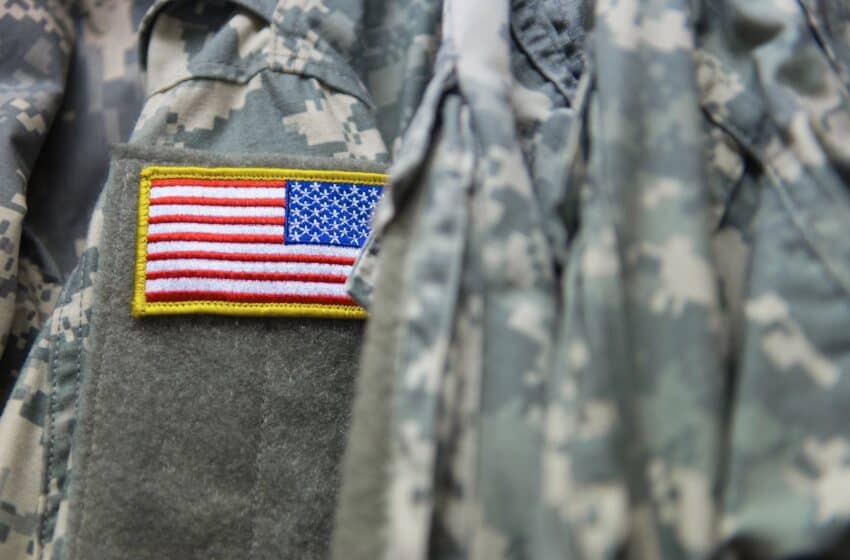A significant segment of our population experiences unseen scars from military service. Whether a person suffers a physical, mental, or emotional injury while defending our country’s safety and security, they are entitled to understanding and respect for their situation.

However, the courageous veterans frequently face different health issues when returning home. In addition, modern care solutions and access have likely struggled to keep up with the evolution of training methods and combat activities.
Even though the physical discomfort may be obvious, the invisible mental wear and tear might negatively impact day-to-day functioning. If you or a loved one is a veteran, you could feel lost as you try to make your way through life after the military, where you and your loved ones will live.
War veterans frequently suffer from depression, anxiety, post-traumatic stress disorder, and other problems. Everyone is impacted differently by these mental health conditions, which range from family violence and excessive drinking to insomnia and recurrent memories.
Veterans make up a sizable portion of this nation’s population and need assistance. Unfortunately, those figures will continue to increase. When it comes to issues with mental health, awareness is crucial. Here is a list of six common problems faced by veterans.

-
PTSD
After exposure to a stressful experience that goes above and beyond the usual stressor, PTSD might develop. For example, violence, combat, natural or man-made disasters, accidents, and personal attacks are all associated with PTSD.
One major trauma will be experienced by half of all adults at some point in their lives, although not everyone will go on to acquire PTSD.
“Recurrent dreams or flashbacks to traumatic situations are common among PTSD veterans. When experiencing PTSD symptoms, a person may even put off getting help because they want to avoid talking about or thinking about the incident,” says Sunshine Urgent Care, a medical facility specializing in urgent care in Bradenton, Florida.
In addition, after a traumatic experience, relationships may become challenging because PTSD can make a person feel pessimistic about their loved ones or relationships in general.
-
Depression
Depression frequently follows bitter experiences. Sleep, food, and the desire to socialize with others are just a few of the daily activities that depression can interfere with. For some people, co-occurring mental health issues include depression and PTSD.
From young toddlers to elderly patients, art therapy can be an efficient and suitable treatment option for various mental diseases and psychological suffering. It has become a popular method to cope with stress among veterans.
-
Acute Brain Injury
A common injury associated with deployment is a traumatic brain injury or TBI. It can include assault-related injuries or shocks from explosions. This invisible wound causes significant damage, which causes temporary impairment or alteration of brain function.
Our veterans should receive the care and assistance required to deal with their medical conditions, including brain injury. While receiving proper health care services helps veterans transition to civilian life and return to the workforce more swiftly, interpreting their medical records for further analysis presents a substantial barrier for some veterans. To acquire an accurate and private translation of any medical communication, you have the choice to use medical document translation services.
-
Hearing Damage
Military personnel is frequently exposed to loud noise, especially those in conflict zones. Helicopters, heavy machinery, and weaponry all produce loud noises above the acceptable exposure limits and can cause hearing damage in people.
One of the leading causes of impairment among veterans is hearing injuries, such as tinnitus and noise-induced hearing loss. After being exposed to deafening noises, many people have tinnitus for a short while.
For instance, a brief episode of tinnitus may be brought on by a boom or gunfire. Tinnitus symptoms, however, can be persistent and so severe that, for many, they can interfere with daily life if considerable damage is done. In addition, despite no known cure, tinnitus can be lessened with various treatments.
-
Musculoskeletal injury
Disabilities after service might result from the constant stress and trauma that military personnel experience while serving. Military-related injury concerns start during basic training, which includes rigorous physical activity.
Long workdays in bulky protective gear, jogging on uneven terrain, patrolling while carrying heavy equipment, and being hit by small arms fire or blasts can all contribute to neck and back injuries during deployment.
-
Risk of Exposure
A veteran may have been exposed to a variety of occupational hazards during their time in the military, including asbestos, polychlorinated biphenyl, and industrial solvents, deafening noise, lead, radiation, periodic strong vibrations, and even different chemical agent-resistant coverings used on some military vehicles, depending on the veteran’s specific occupation.
Several distinct medical issues, including anemia, neurological damage, kidney or brain damage, partial or complete hearing loss, tinnitus (ringing in the ears), and various types of cancer throughout the body, have been linked to prolonged exposure to these workplace dangers.


